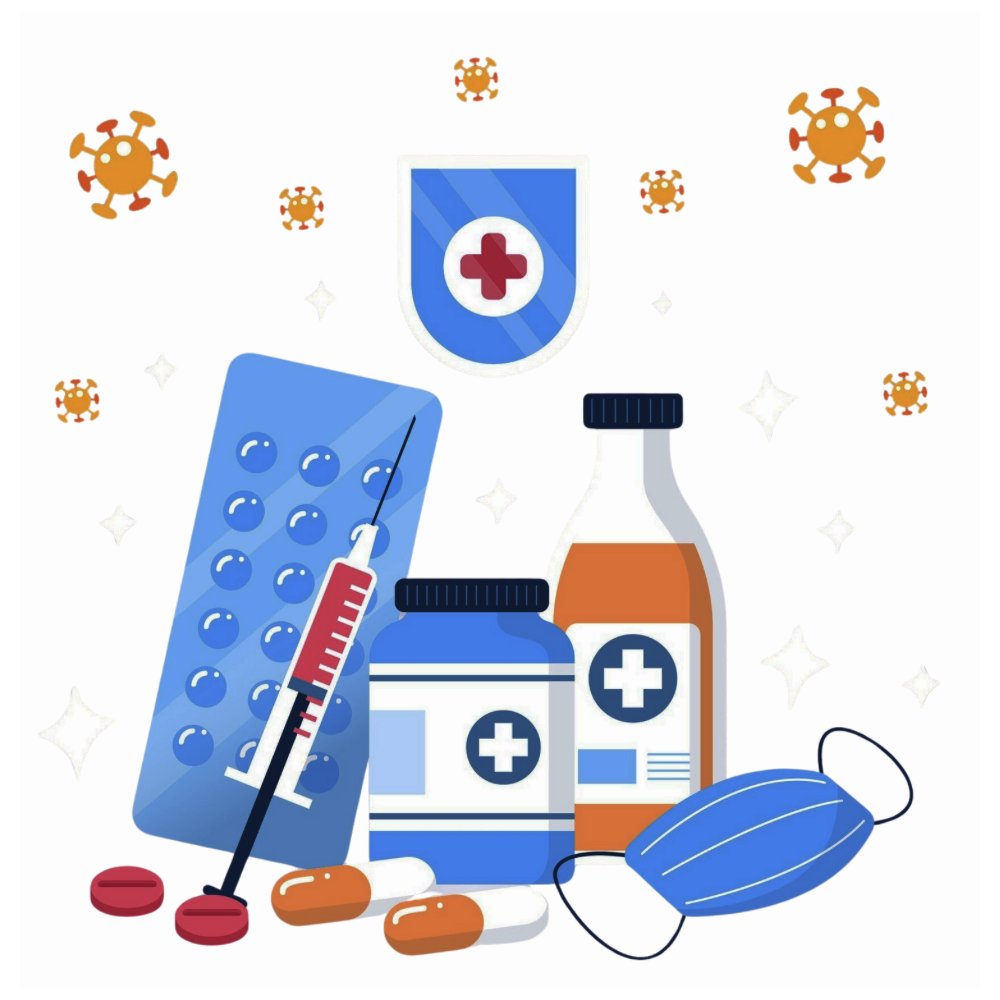Pharmaceutical Logistics & Cold Chain 3PL
Compliant Cold-Chain 3PL for Pharma – Safe, Traceable & Regulatory-Ready
At Geotic, we provide specialized 3PL solutions for the pharmaceutical industry, ensuring cold-chain warehousing, secure transport, and regulatory compliance across India. Our temperature-controlled facilities protect vaccines, biologics, and medicines, while RFID and barcoding systems guarantee full traceability. We deliver with speed and accuracy to hospitals, pharmacies, and clinics, supported by custom packaging, risk management, and quality assurance. With a patient-centric approach, we prioritize safety, reliability, and compliance in every shipment.


Adhering to GDP, GMP, FDA, and EMA standards.

Specialized storage to preserve sensitive pharma products.

Barcoding, RFID, and serialization ensure authenticity and visibility.

Tailored to regulatory needs and multilingual instructions.

Fast, accurate fulfillment to healthcare facilities.

Emergency protocols and backup systems for seamless logistics.

Inspection, testing, and traceable records for every shipment.

Handling with care, ensuring safety, reliability, and timely delivery.

We reduced last-mile delivery delays by 30% and expanded to 5 new cities with Geotic’s flexible warehouse onboarding system.
Director of Supply Chain, D2C Apparel Brand

Geotic’s integration with our ERP gave us real-time control over inventory. Our order accuracy rate jumped to 99.8%.
Logistics Head, FMCG Company

We successfully onboarded a massive 60,000 sq. ft. warehouse in just 10 days—twice as fast as our previous provider’s timeline.
COO, E-commerce Electronics Retailer
